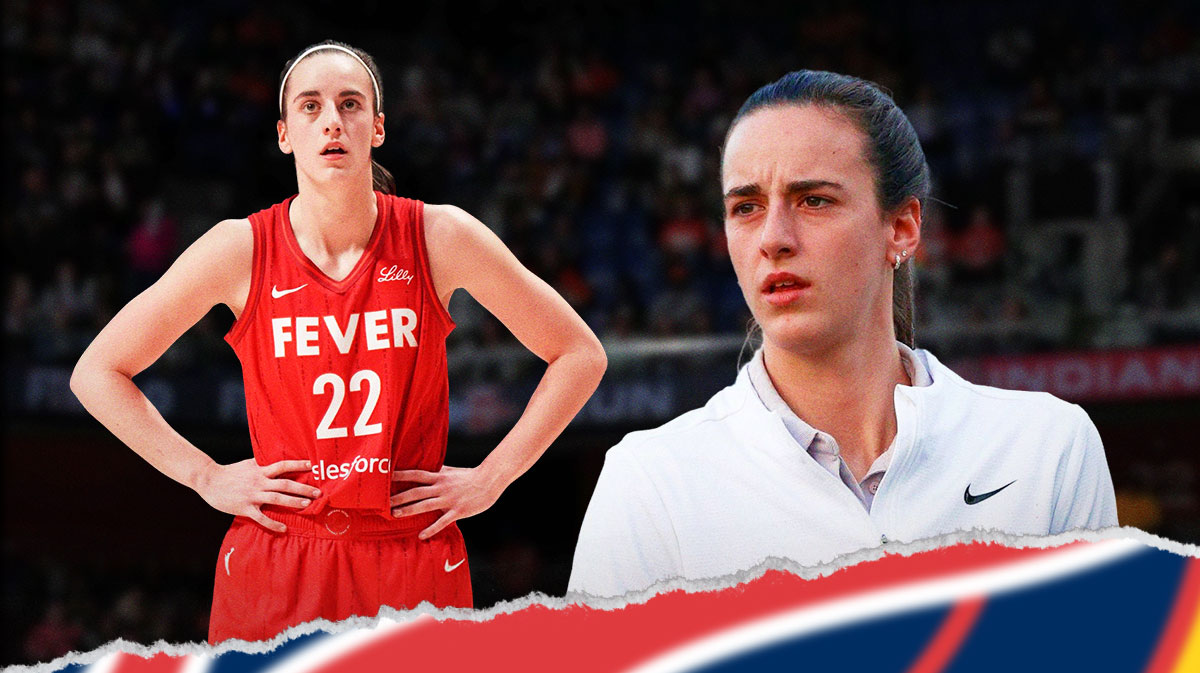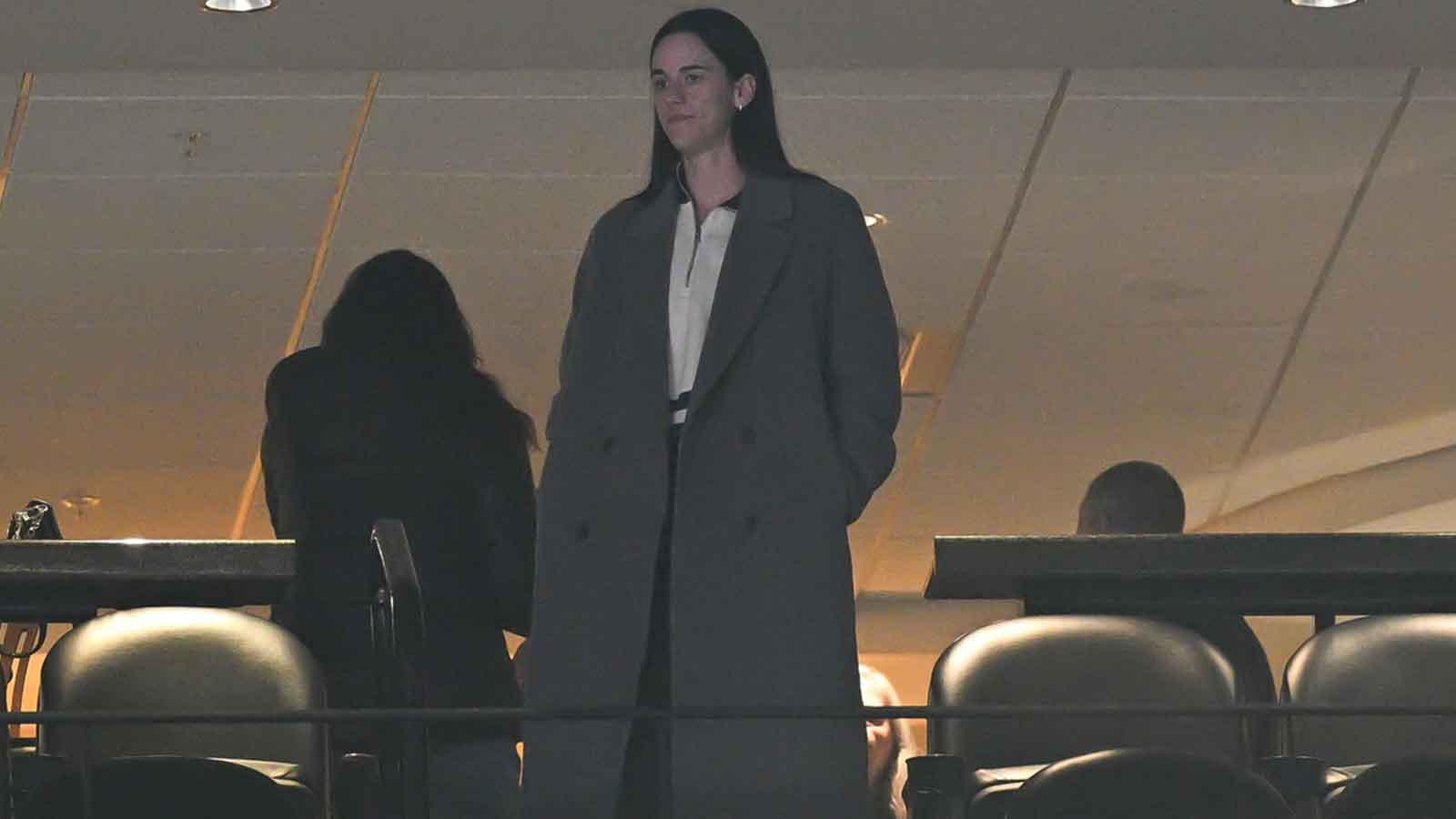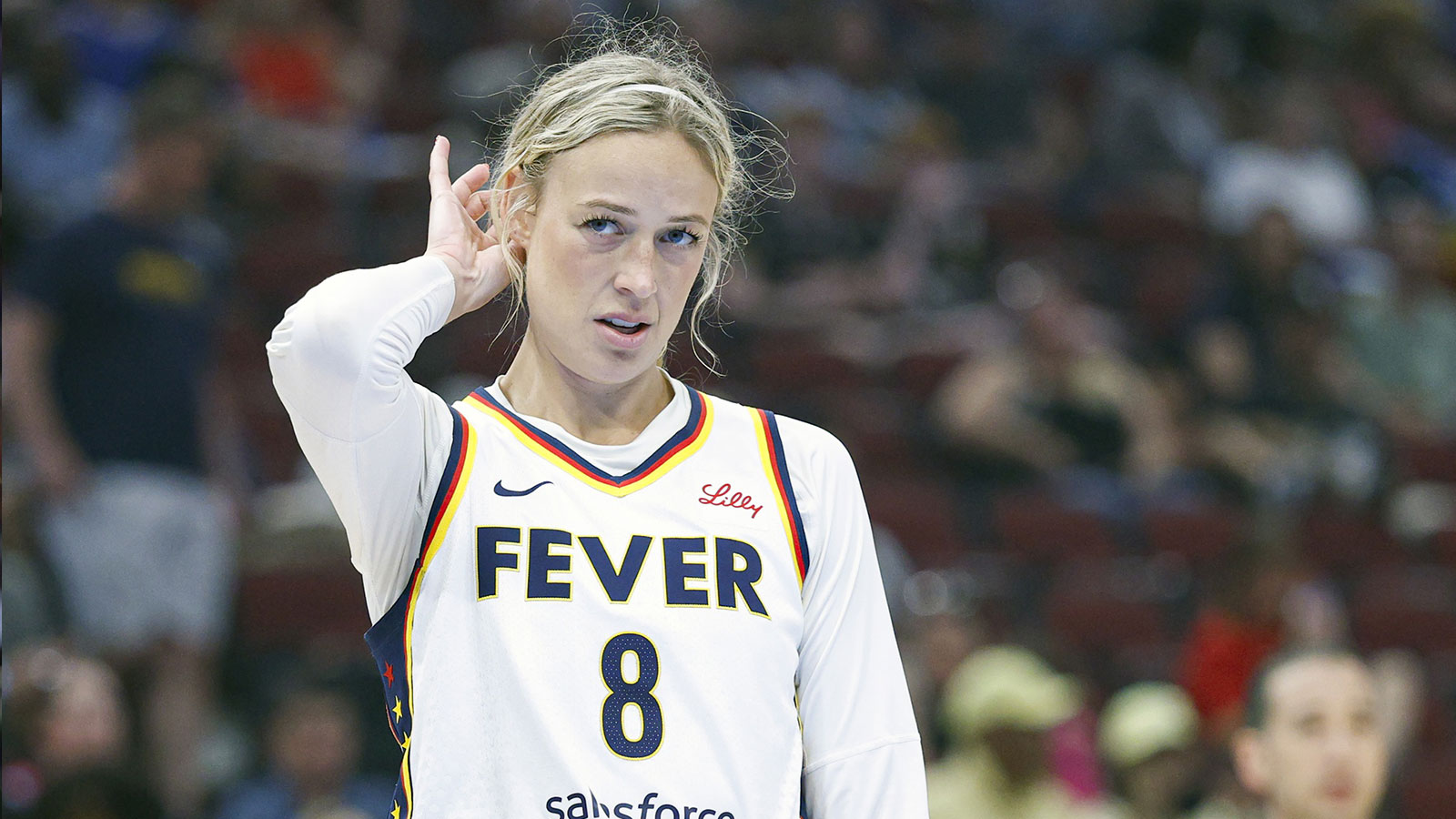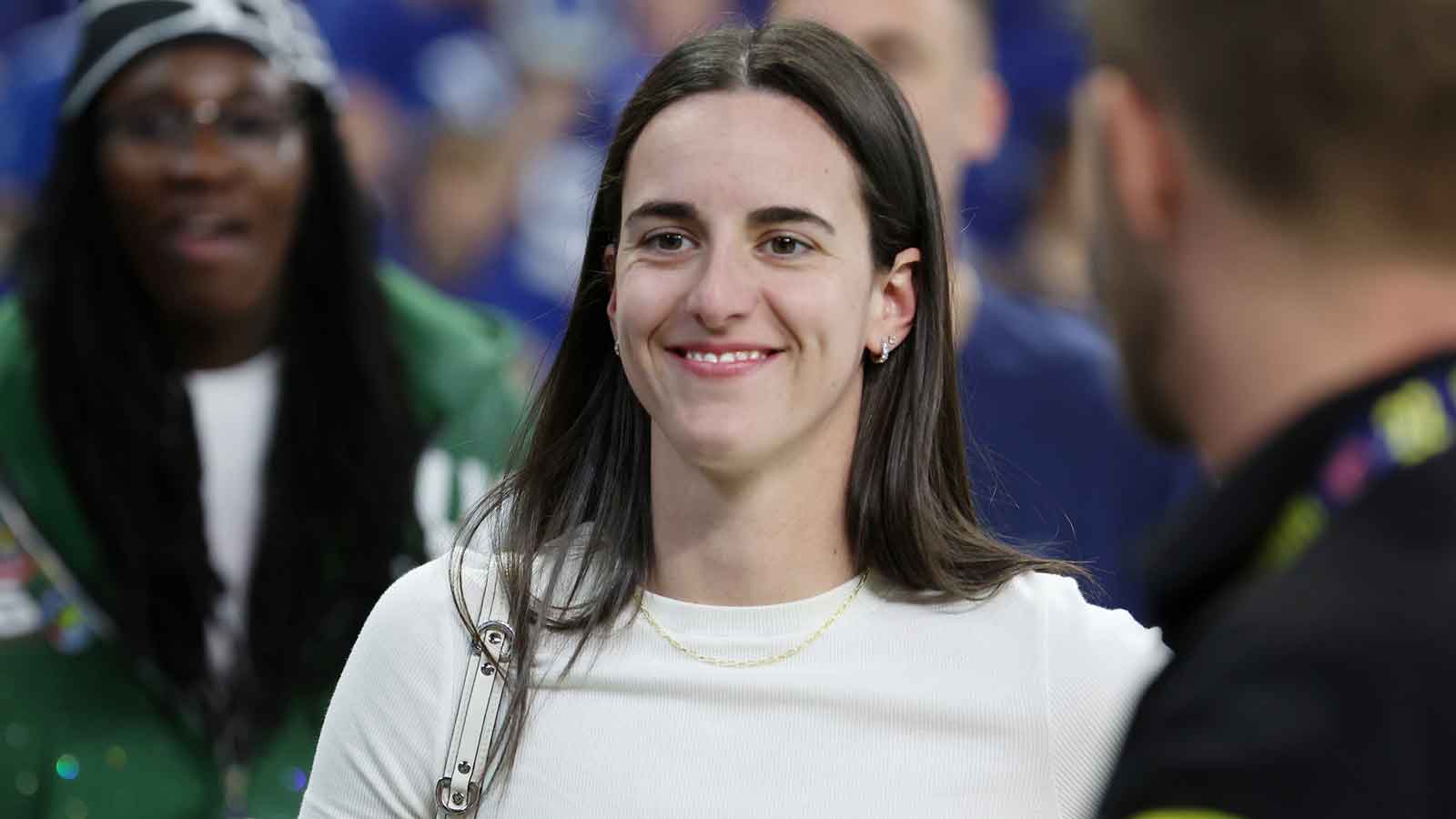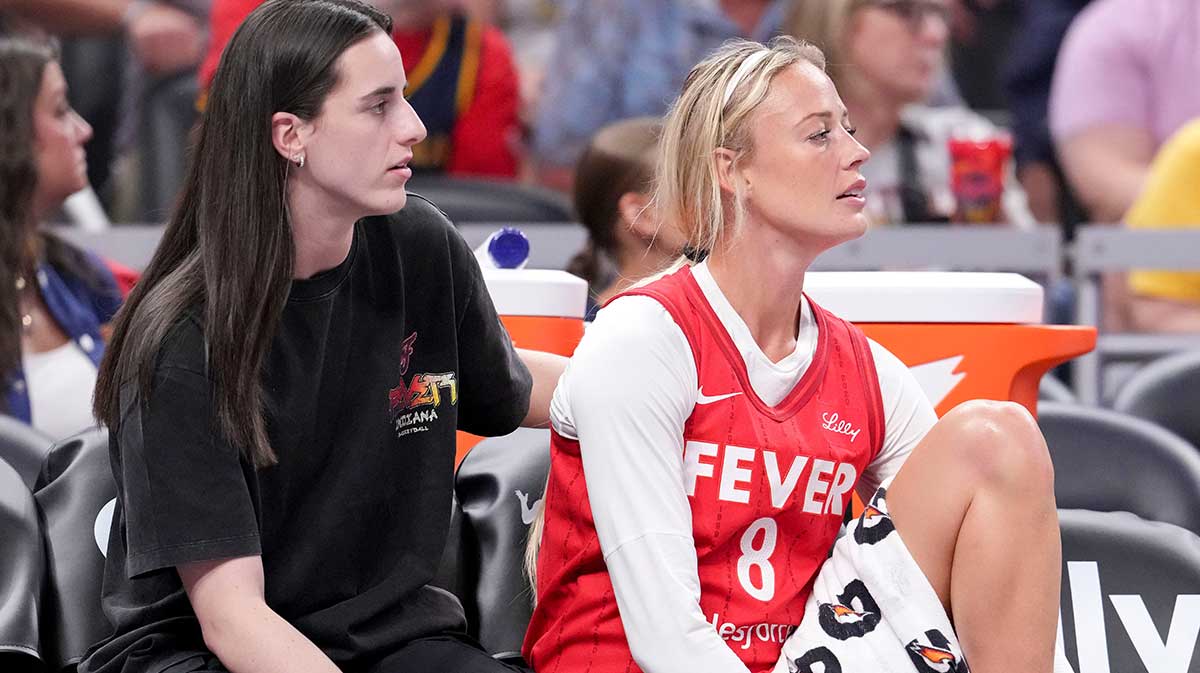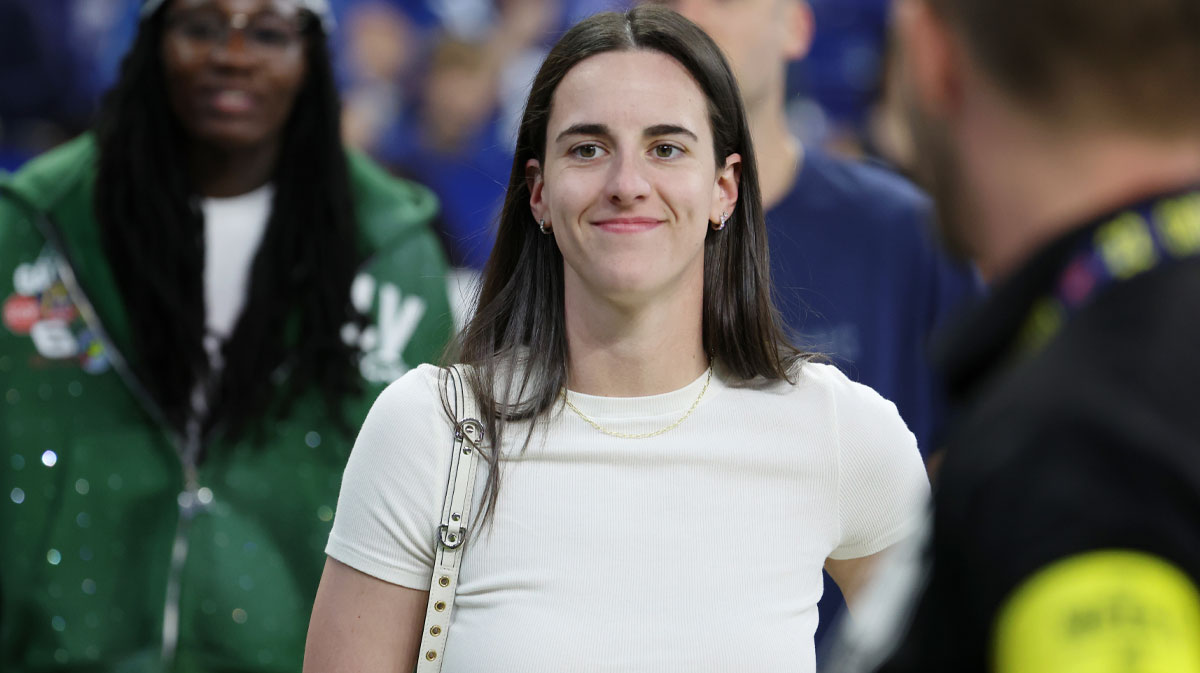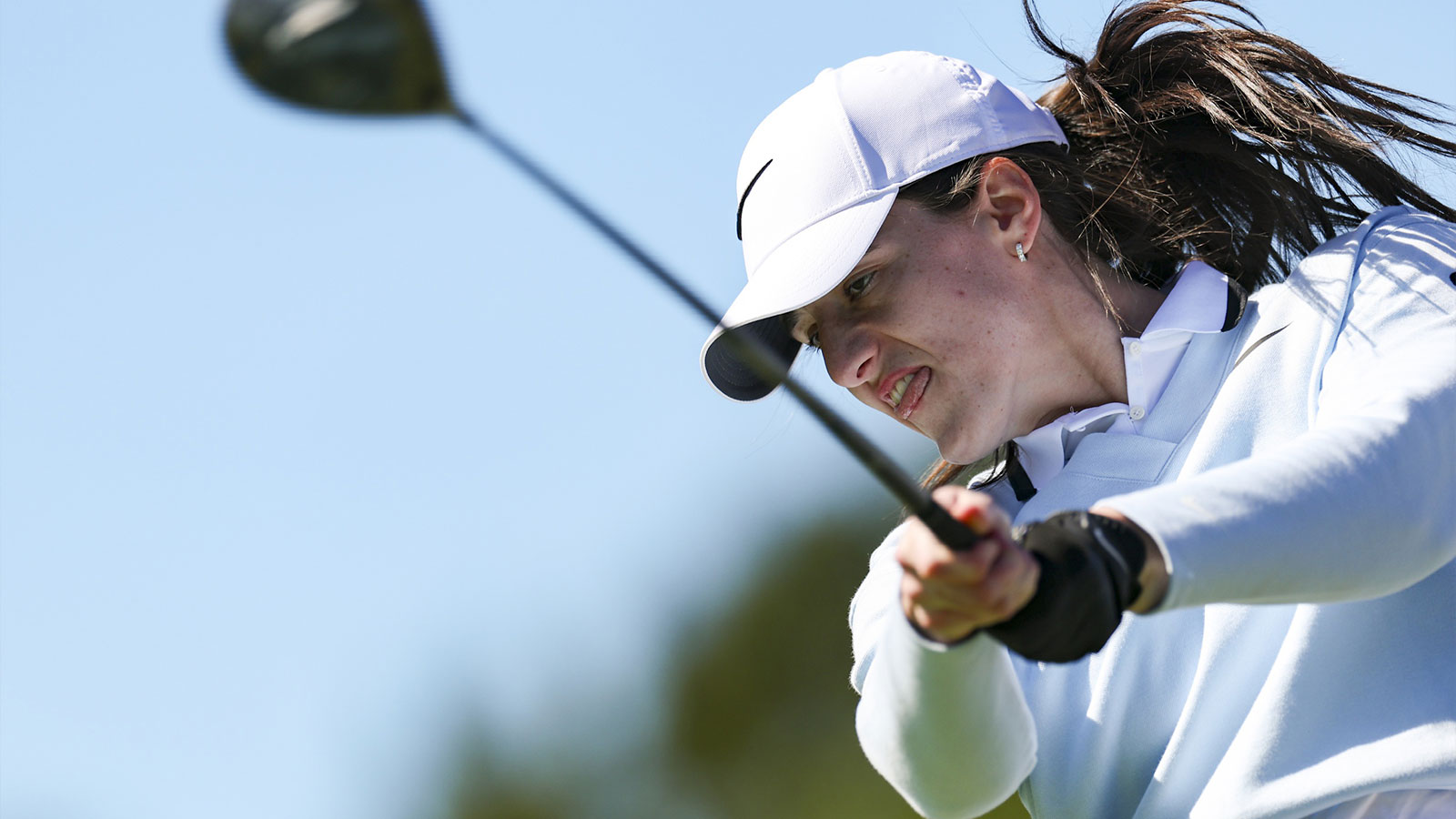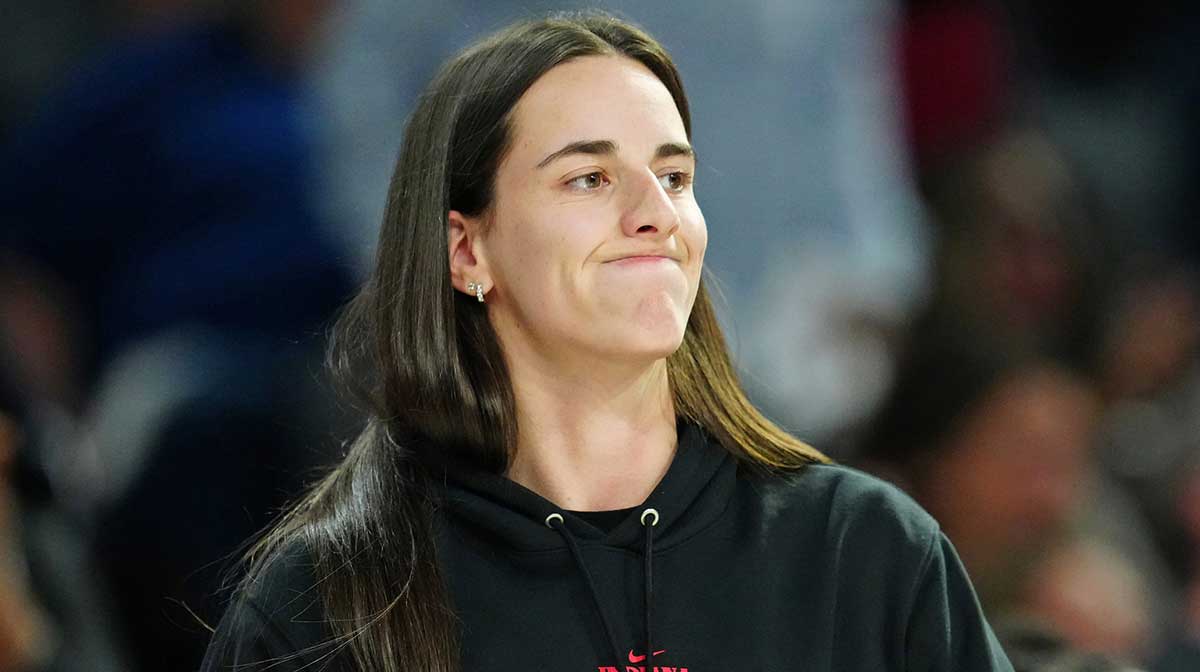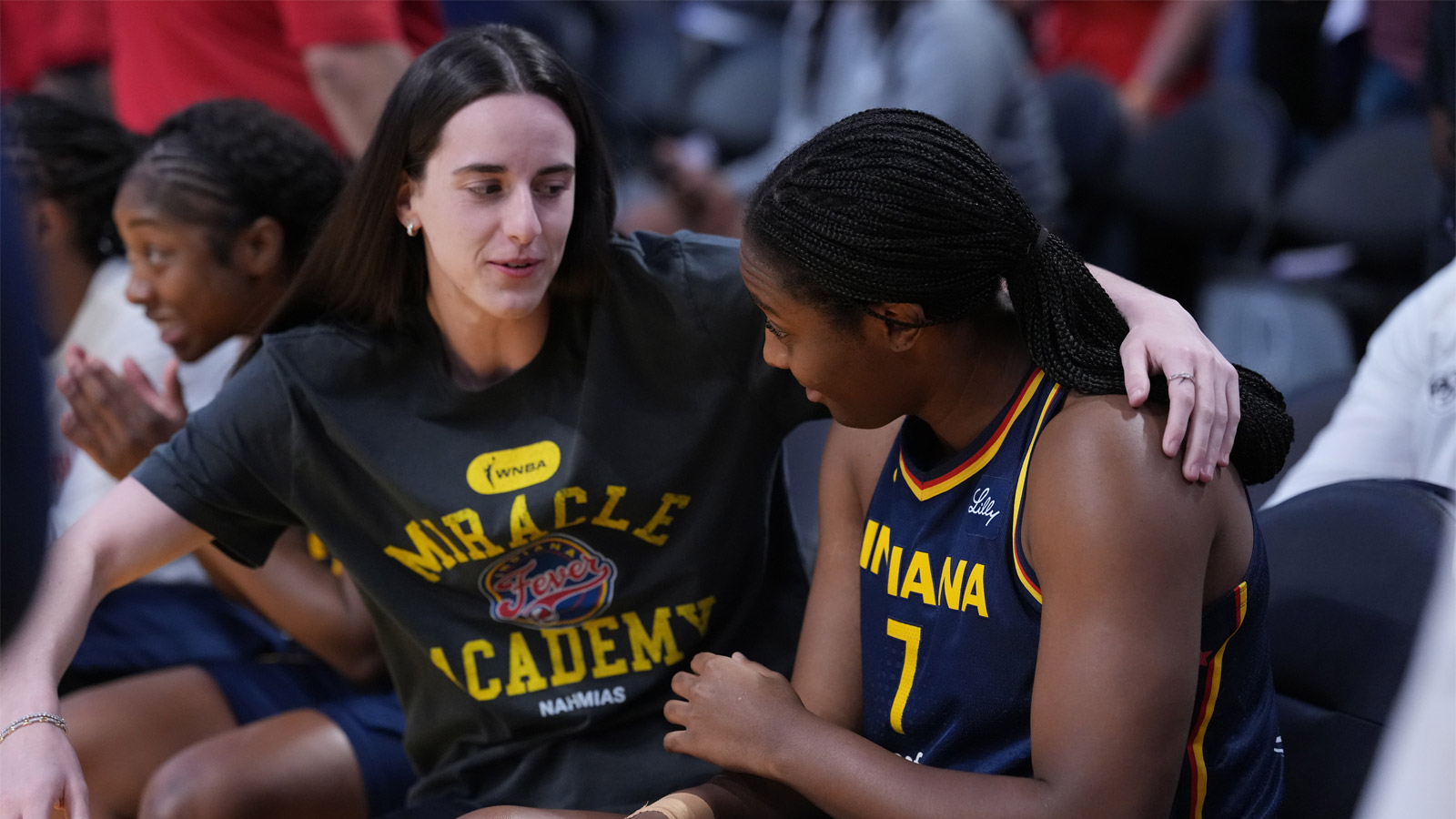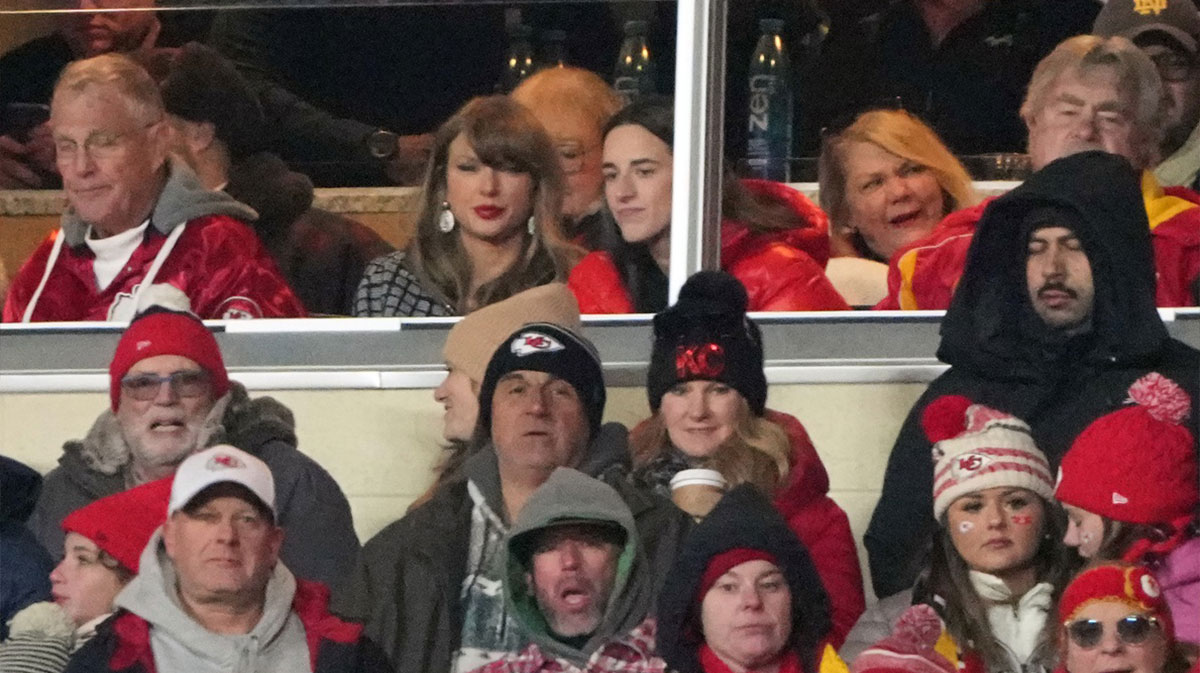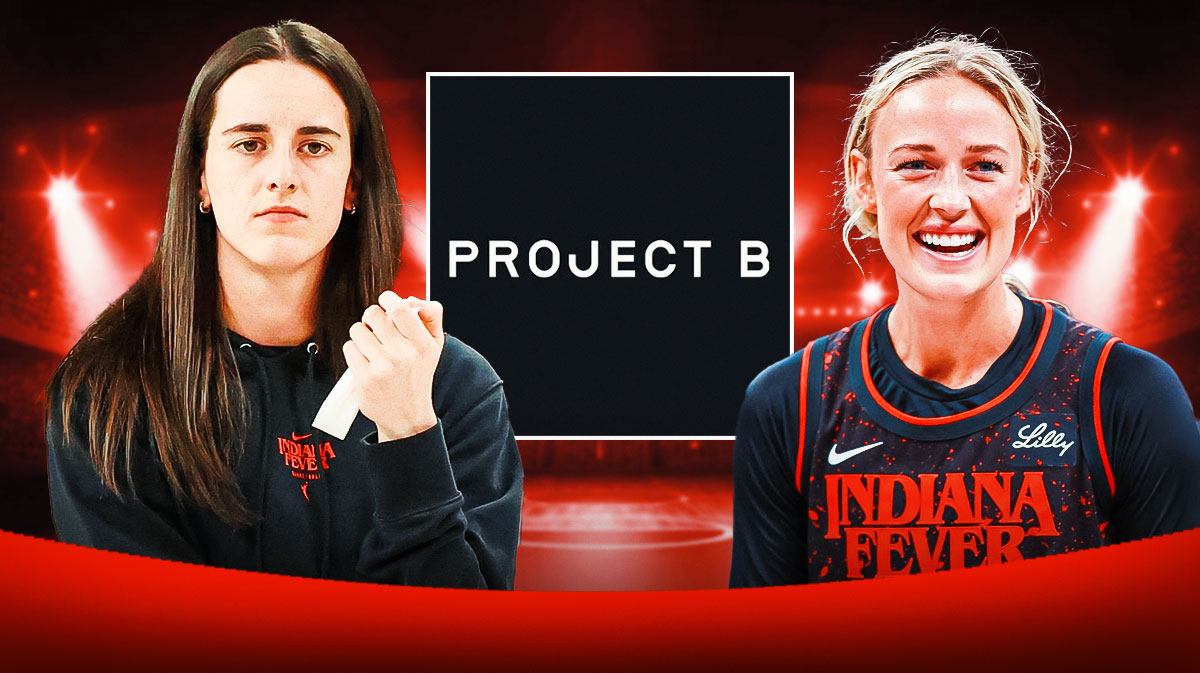When Caitlin Clark describes her past year as “historic,” she isn't exaggerating. As one of the brightest stars in women's basketball, Clark has captivated audiences far beyond the sport’s traditional fanbase. “I've been able to turn so many people who never watched women’s sports into fans,” she confidently states. That blend of charm and undeniable skill has transformed her into a household name.
Amid her busy schedule, which included winning the Wooden Award for national player of the year, Clark took time to shine on Saturday Night Live in a memorable “Weekend Update” segment, Time reports. The skit showed her quick wit and comedic timing, as she ribbed co-host Michael Che for old jokes about women’s sports. Her standout moment came when she quipped, “You don’t have a girlfriend, Michael,” after Che teased her for gifting him an apron. That punchline, as it turns out, was suggested by none other than actor and Iowa basketball superfan Jason Sudeikis.
Honoring Legends While Breaking New Ground
Clark used her SNL platform for laughs, but she also delivered a heartfelt tribute. During the segment, she expressed gratitude to five trailblazing Black women in basketball: Lisa Leslie, Sheryl Swoopes, Cynthia Cooper, Dawn Staley, and Maya Moore. For Clark, these women’s contributions laid the groundwork for her success.
Despite Clark’s accolades, her rise has sparked conversations about race and representation in sports. Critics like A’ja Wilson, a WNBA MVP and two-time champion, argue that Clark's popularity is partly fueled by race. Wilson notes the disparity in attention between White athletes like Clark and their Black counterparts, stating that systemic biases often overshadow Black women’s achievements. While Clark's growing fanbase includes admirers from all backgrounds, her ascent has also exposed lingering inequalities in how America embraces athletes.
Redefining What’s Possible in Women’s Sports
Clark’s meteoric rise is a case study in unprecedented influence. While legends like Serena Williams and Simone Biles have revolutionized their respective sports on a global stage, Clark has turned regular WNBA games into must-watch events. Comparisons to sports icons such as Lionel Messi and Michael Jordan highlight her impact, but Clark’s achievements have come much earlier in her career.
Her success signals a shift in public attention toward women’s basketball, long overlooked in its 27-year history. Clark’s ability to electrify audiences shows that routine league games can command the same fervor as global tournaments. For fans, players, and pundits alike, Caitlin Clark’s journey is more than historic—it’s transformative.

